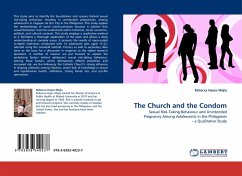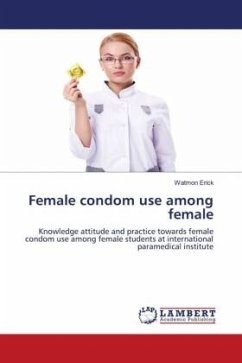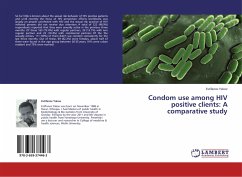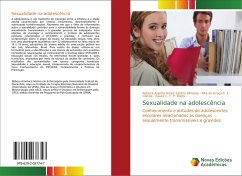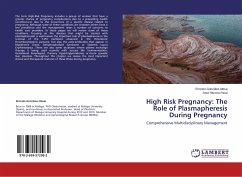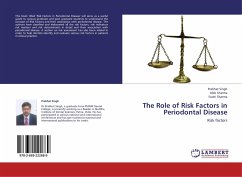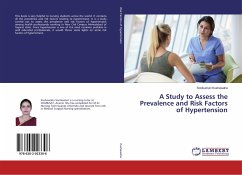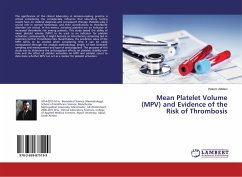This study aims to identify the foundations and reasons behind sexual risk-taking behaviour resulting in unintended pregnancies, among adolescents in Cagayan de Oro City in the Philippines. This study applies the methodology of social constructionism because it submits that sexual behaviour must be understood within historical, social, economic, political, and cultural contexts. This study employs a qualitative method as it facilitates a thorough exploration of the topic and allows a deep understanding of complex issues. It presents the results of open-ended in-depth interviews conducted with 14 adolescent girls aged 15-22, selected using the snowball method. Primary as well as secondary data serve as the basis for a discussion in response to the stated research questions. A number of reasons are put forward to explain the underlying factors behind adolescent sexual risk-taking behaviour. Among these factors, which alternatively offered protection and increased risk, are the following: the Catholic Church s strong influence in shaping attitudes among Filipinos, severe lack of knowledge in sexual and reproductive health, ambitions, strong family ties, and pro-life sentiments.
Bitte wählen Sie Ihr Anliegen aus.
Rechnungen
Retourenschein anfordern
Bestellstatus
Storno

